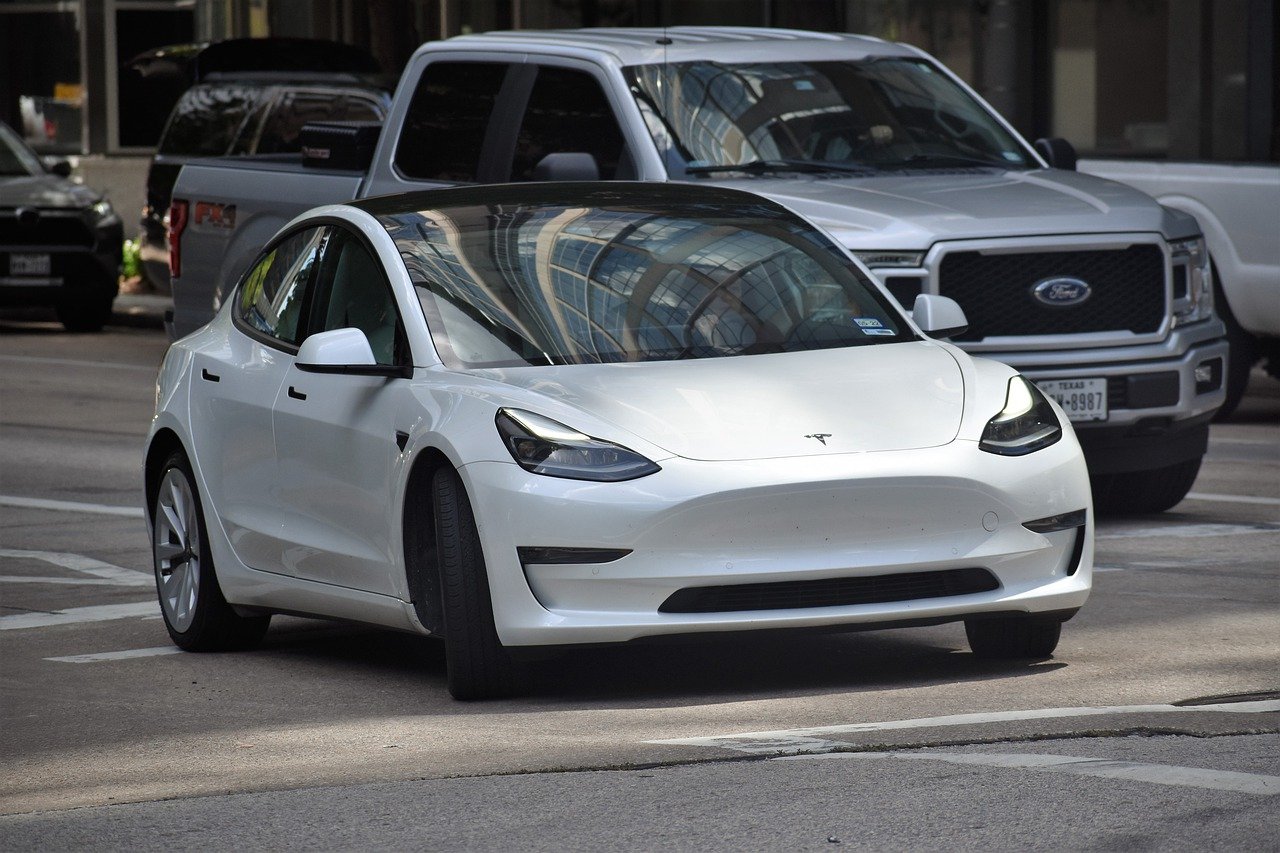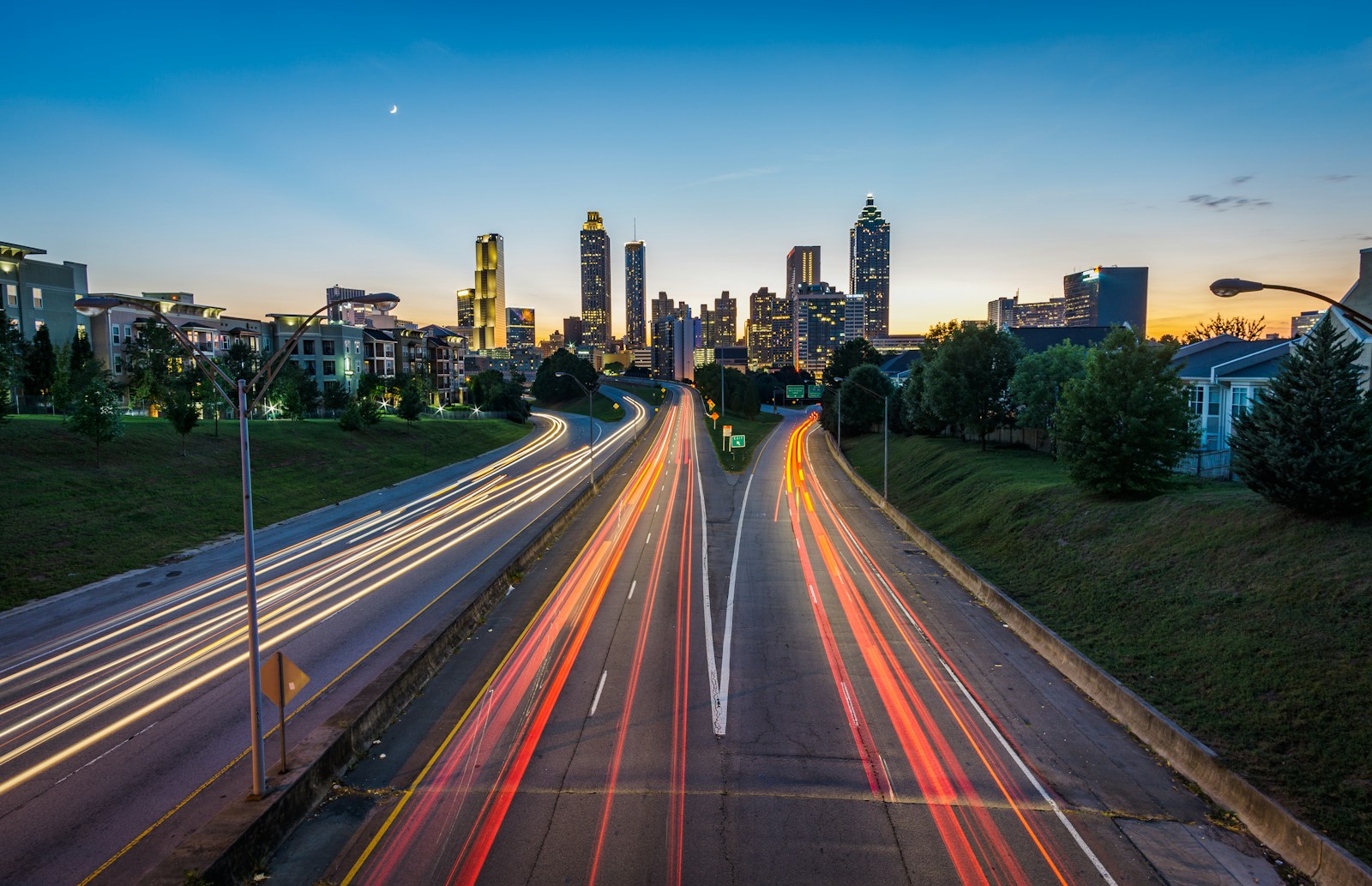The need for efficient and seamless transportation systems has become more pressing in today’s rapidly evolving urban landscape. Traffic congestion leads to frustrating delays and contributes significantly to air pollution and wasted fuel. To address these challenges, cities worldwide are turning towards smart traffic control systems to revolutionise their infrastructure and improve overall mobility. By harnessing cutting-edge technologies such as artificial intelligence, advanced sensors, and real-time data analysis, these innovative solutions can transform how we navigate our cities, ensuring smoother journeys for all commuters while enhancing sustainability and environmental quality. In this article, we will explore smart traffic control systems’ remarkable impact on urban areas and how they reshape modern transportation networks from within. Prepare to discover a new era in city navigation – where efficiency meets ingenuity like never before!
The Evolution of Smart Traffic Management
The evolution of smart traffic management has brought about transformative changes in cities worldwide. With the increasing need for efficient transportation systems, smart traffic control systems have emerged as a crucial solution. These systems utilise advanced technologies like artificial intelligence and real-time data analysis to improve mobility and address traffic congestion, air pollution, and fuel waste.
These intelligent systems can optimise traffic flow in real-time by implementing cutting-edge sensors that gather information on road conditions and vehicle movement. This allows for more accurate predictions of potential bottlenecks and enables dynamic adjustments to be made both on individual routes and at a larger scale. Furthermore, artificial intelligence algorithms can analyse vast amounts of data collected from various sources to identify patterns and develop predictive models to enhance efficiency.
Through this evolution of smart traffic management, cities are alleviating the frustrations associated with commuting and positively impacting the environment by reducing emissions and promoting sustainable practices. Improved infrastructure leads to smoother journeys for drivers while decreasing idle time spent in congested areas. As technology advances, smart traffic control systems are expected to play an even more significant role in shaping our urban landscapes for increased efficiency and sustainability.
Benefits and Innovations in Smart Traffic Control
In the face of increasing urbanisation and population growth, smart traffic control systems offer numerous benefits to cities and their residents. One significant advantage is improved traffic flow and reduced congestion. Smart traffic control utilises real-time data analysis to monitor road conditions, identify problem areas, and adjust signal timings accordingly. This not only helps optimise the usage of existing infrastructure but also enhances overall mobility by reducing commuter travel times.
Addressing traffic woes, smart traffic control systems promote sustainability and environmental conservation. By optimising signal timings, these systems can minimise vehicle idling time at intersections, resulting in reduced fuel consumption and lower emissions. Moreover, advanced sensors integrated into the system allow for a better understanding of air quality in different city areas. This valuable information can then be used to implement targeted measures to improve air quality in pollution hotspots.
Using artificial intelligence (AI) algorithms and machine learning techniques, smart traffic control systems continually evolve and become more efficient. AI can analyse historical data on traffic patterns to predict future demands accurately and make proactive adjustments accordingly. These innovations facilitate smarter decision-making processes, leading to a safer transportation environment for all road users.
Smart traffic control systems hold great potential for transforming our cities into well-connected hubs with seamless mobility options while promoting sustainable development goals. Utilising cutting-edge technologies offers immense benefits, such as optimisation of travel routes, reduced congestion-related frustrations, improved air quality outcomes, and increased road safety – making them an indispensable tool for modern urban planning endeavours.
Cities Embracing Efficiency with Smart Traffic Systems
Efficient transportation systems have become a priority for cities worldwide. Traffic congestion causes frustrating delays and contributes to air pollution and wasted fuel. To combat these challenges, cities are adopting smart traffic control systems to revolutionise their infrastructure and enhance mobility. By utilising advanced technologies like artificial intelligence, advanced sensors, and real-time data analysis, these innovative solutions have the potential to transform how we navigate our cities.
Smart traffic control systems offer a range of benefits for both commuters and city governments. These intelligent systems can optimise traffic light timings based on real-time conditions, reducing congestion and improving overall traffic flow. Additionally, by analysing vast amounts of data from various sources such as GPS devices or surveillance cameras, these systems can detect patterns and make accurate predictions about traffic flows during different times of the day or week.
Furthermore, implementing smart traffic control can significantly reduce carbon emissions by allowing for better management of vehicles’ movement throughout the city. By minimising idle time at intersections and improving the synchronisation between different modes of transportation, such as buses and trains with road networks in real-time through integrated communication tools or applications – Smart Cities can operate more efficiently while promoting sustainable practices.
Overall, embracing smart traffic control systems is essential for modern cities looking towards future-proofing their infrastructures while providing seamless commuting experiences for residents. With advancements in technology continuing to unfold, there is immense potential for these intelligent solutions to further revolutionise transportation in urban areas across the globe — making roadways safer and greener spaces that foster economic growth and well-being among its citizens.







